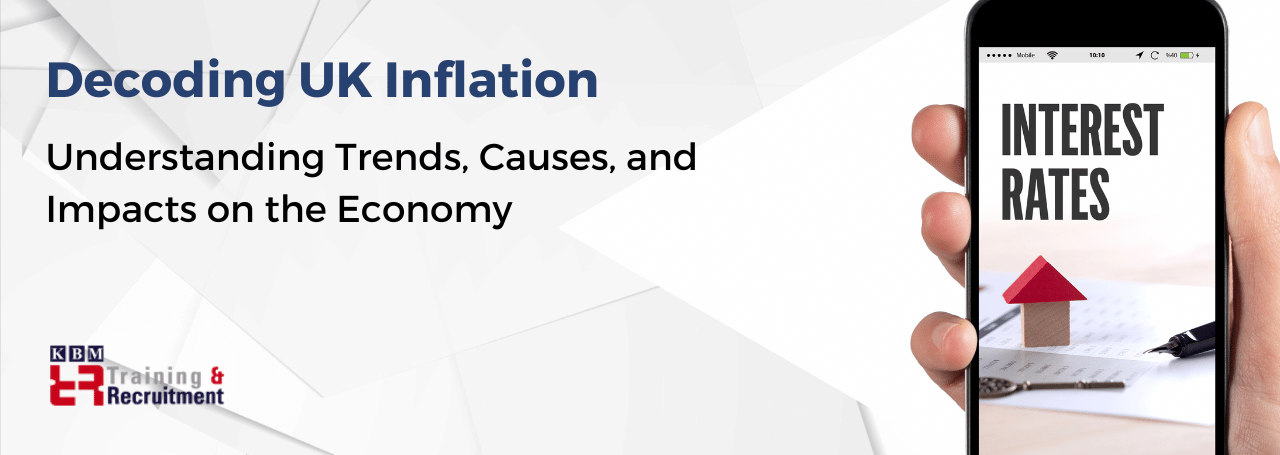Inflation in the United Kingdom is a critical economic indicator that affects the lives of its citizens, businesses, and policymakers. This blog aims to decode UK inflation by delving into its trends, causes, and profound impacts on the country's economy. We will also explore how "inflation in the UK" ties into this complex economic landscape.
Understanding Inflation
In its most straightforward definition, inflation refers to the increase in the goods and services overall price level within an economy over a specific timeframe. Typically, it is quantified as the percentage shift in the average prices of a selected basket of goods and services. The United Kingdom commonly monitors this through the Consumer Price Index (CPI) and the Retail Price Index (RPI).
Trends in UK Inflation
To understand inflation in the UK, we must first analyze its historical trends. This historical perspective helps us understand how inflation has evolved over the years.
Historical Overview of UK Inflation
Examining historical data provides a snapshot of inflation's ebb and flow in the UK. Over the past few decades, the UK has experienced high and low inflation, each with its economic consequences.
Recent Inflation Trends
We'll look at the most recent inflation data to grasp current affairs. This includes analyzing inflation rates, comparing them to historical averages, and exploring notable deviations.
Causes of Inflation in the UK
Understanding the causes of inflation is crucial to decoding its impact. Inflation can be attributed to various factors, both internal and external, which influence the economy.
External Factors
Global events and economic conditions can significantly impact inflation in the UK. We'll discuss how factors such as international trade, exchange rates, and commodity prices affect inflation domestically.
Impacts of Inflation in the UK
Inflation doesn't just exist as a statistical figure; it has far-reaching consequences that affect various aspects of the UK's economy and society.
Purchasing Power Erosion
Inflation reduces the purchasing power of individuals, which means consumers can buy less with the same amount of money. This affects the standard of living and consumer behaviour.
Interest Rates and Savings
Inflation influences interest rates, affecting both borrowers and savers. We'll discuss how inflation impacts mortgage rates, savings accounts, and investment decisions.
Socio-Political Impacts
Inflation can lead to disparities in income distribution. Certain groups, such as fixed-income retirees, may be disproportionately affected by rising prices. In times of high inflation, the government and central banks may take specific actions. We'll explore the policies and measures that can be implemented to control inflation and their potential consequences.
The Role of "Inflation in the UK"
"Inflation in the UK" is often used to search for inflation-related information. It signifies the importance of understanding this economic phenomenon in a specific national context.
Conclusion
Inflation in the UK is a multifaceted issue with profound economic and societal implications. By understanding its trends, causes, and impacts, individuals and policymakers can make informed decisions to navigate its economic effects. The term "inflation in the UK" encapsulates the complexities of this financial challenge and underscores its significance in the national discourse.
The UK inflation is a topic that affects us all, and decoding it is essential for a thriving economy and improved living standards. By staying informed about its trends, causes, and consequences, we can better prepare for the challenges and opportunities it presents in the United Kingdom.






















